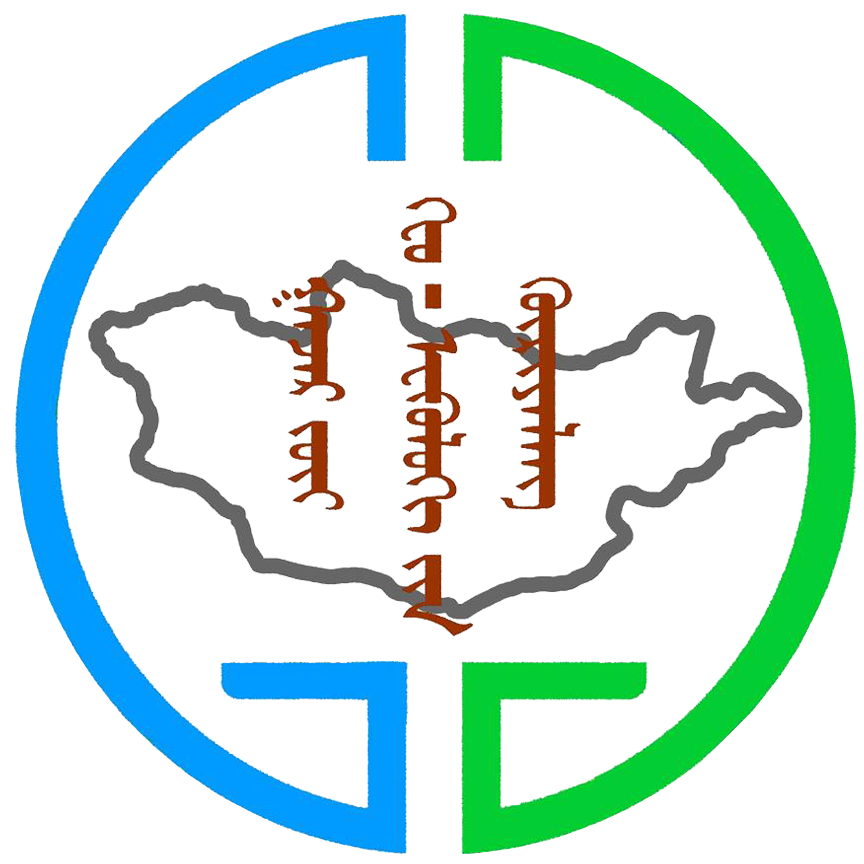This study aims to reconstruct paleoclimate change in eastern Mongolia inferred from sedimentological and geochronological records from Lake Yakhi in the drainage basin of the Pacific Ocean. In a context of the study goal the hydroclimatic fluctuation in eastern Mongolia resulted from Lake Yakhi is presented here. Result from changes in lake area of Lake Yakhi shows it decreased from 79.72 km2 in 1970 to 53.76 km2 in 1986 and 35.03 km2 in 2018. The hydraulic dynamics and field observation show that Lake Yakhi is shifting into a playa lake. For shrinking Lake Yakhi, shifting toward a playa lake is directly related to the global warming, i.e., it implies the lake is extremely sensitive to climate change in the late Holocene. This coincides with those conditions of large lakes in the Govi region in southern Mongolia (Orkhonselenge et al., 2018). The major element compositions of the lake sediments show that the core Y18-1 is dominated by SiO2, Al2O3, K2O and Na2O, while the cores Y18-2 and Y18-3 largely contain SiO2, Al2O3, CaO and Fe2O3. In addition to the dominant semimetal and transition metal, presence of oxides of alkali earth metals in the core Y18-1 and of alkaline earth metals in the cores Y18-2 and Y18-3 show a derivation of intermediate sedimentary and volcanic rocks in the drainage basin of Lake Yakhi. This coincides with the tectonostratigraphic terrane structure of the cratonal clastic sedimentary rocks (Badarch et al., 2002) in the Lake Yakhi area. Further detail geomorphological and geochronological records from Lake Yakhi would not review only the hydrogeochemical evolution, but the paleoclimate changes in eastern Mongolia. Leading the dates would precisely determine the paleohydroclimatic fluctuations in eastern Mongolia.
